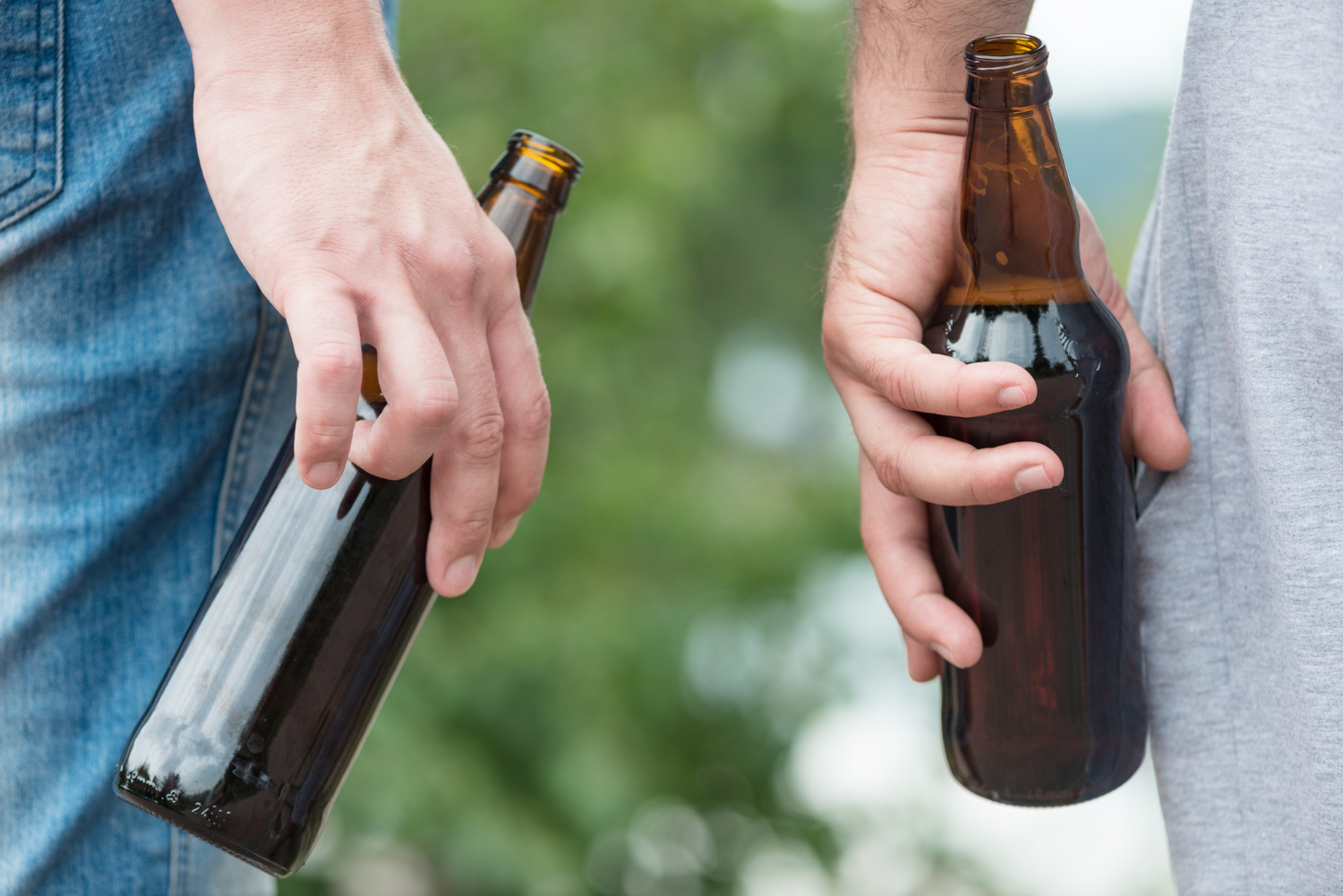Recovery from alcohol addiction takes time, patience, and the right approach. This guide outlines practical steps to help you or a loved one on the path to sobriety. We'll discuss setting realistic goals, building support networks, learning healthy coping mechanisms, taking care of yourself, and making positive lifestyle changes. These methods work best when combined with professional treatment from drug rehab centers.
Setting Achievable Goals
Starting your recovery journey means setting achievable goals. Set realistic and specific goals to guide your progress and keep you motivated. Break big goals into smaller steps so you can celebrate small wins along the way. You might commit to attending support group meetings each week, using mindfulness to manage cravings, or making time for self-care activities. Each goal should be clear, achievable, and have a specific deadline. Recovery is a journey, and any progress, no matter how small, counts. Stay committed and trust that you can overcome challenges.
Establishing a Support System
Having strong support is crucial for handling the tough parts of alcohol recovery and staying sober long-term. Surrounding yourself with understanding and encouraging people can make a huge difference in your recovery. This might include family, friends, support groups, or a counselor—people who truly care about your well-being. These people can offer comfort during difficult times and celebrate your successes. They can offer advice, keep you accountable, and listen when you need to talk. Be open with your support system about what you need and listen to their feedback. Remember, you don't have to do this alone.
Developing Coping Mechanisms
Learning healthy ways to cope is vital for handling recovery challenges and staying sober. When you face triggers or stressful situations, you need strategies to get through them without drinking. Here are some helpful coping methods:
• Mindfulness: Stay focused on the present moment and notice your thoughts and feelings without judging them
• Physical Activity: Try exercise or yoga to release stress and improve your mood
• Relaxation Techniques: Use deep breathing or meditation to feel calm during difficult times
• Creative Outlets: Try art, music, or writing to express emotions in healthy ways
Building a collection of coping methods that work for you helps manage cravings and emotional stress, supporting your recovery journey.
Practicing Self-Care
Taking care of yourself is a key part of alcohol recovery. Focus on your physical, mental, and emotional well-being by establishing healthy routines and incorporating relaxation techniques. Eat nutritious food, exercise regularly, and get enough sleep. Make time for activities that bring you joy and help you relax, reducing stress and improving your overall well-being. Try mindfulness and meditation to help manage cravings and build emotional strength. Don't hesitate to reach out to a therapist or counselor for professional help and support. When you prioritize self-care, you establish a solid foundation for a successful recovery.
Embracing a Healthy Lifestyle
Making positive lifestyle choices supports your alcohol recovery journey. A healthy lifestyle means eating nutritious foods, staying physically active, and getting enough rest. When you take care of your physical health, you're better prepared to handle recovery challenges. Mental and emotional health are just as important. Try mindfulness meditation, therapy, and activities you enjoy to manage stress and improve your quality of life. Taking a complete approach to health strengthens your foundation for long-term recovery success.
Other Related Posts:











